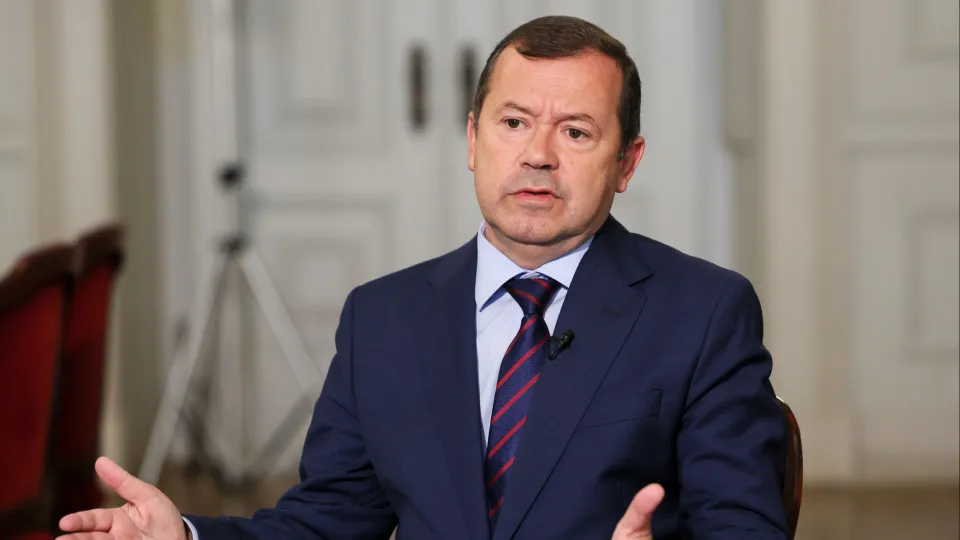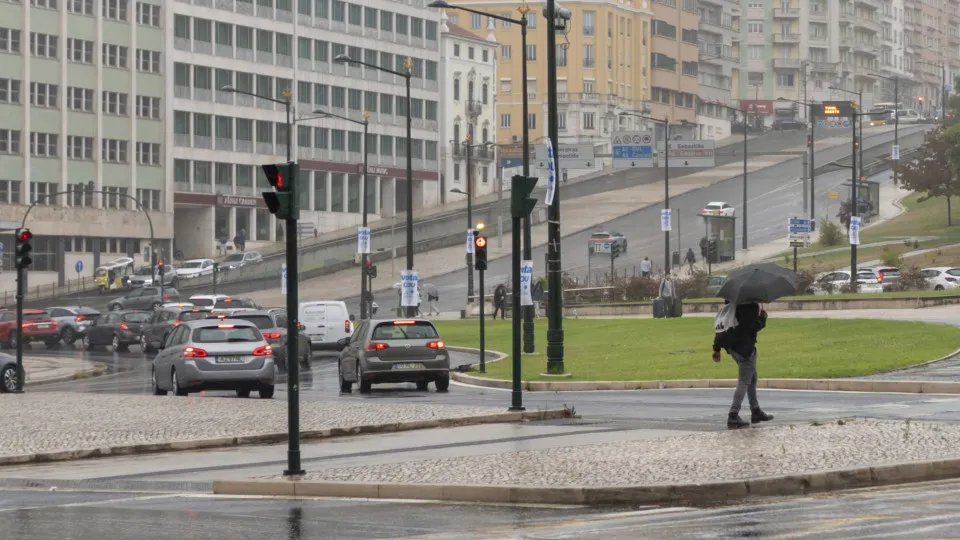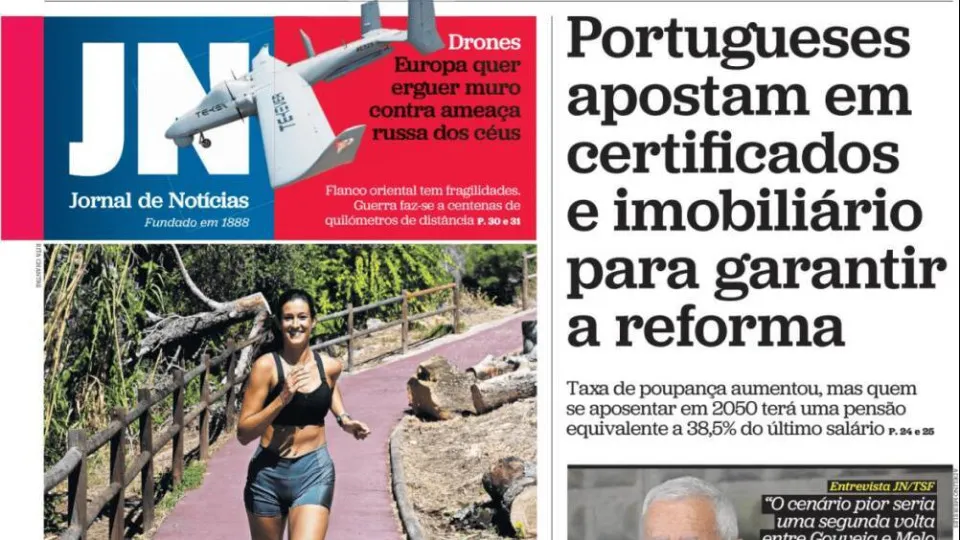
In an interview, Secretary of State for Civil Protection, Rui Rocha, stated that this year’s Special Rural Firefighting Device (DECIR) budget is 41 million euros, excluding additional expenses such as meals, fuel, and damaged vehicles incurred by firefighting units.
“Last year, these extraordinary expenses totaled 14 million euros; this year, given the duration and scale [of the fires], we anticipate they will surely exceed 20 million euros,” the official noted, emphasizing the significant costs faced by fire departments concerning meals, fuel, and vehicles during major fires.
Previously, the National Emergency and Civil Protection Authority (ANEPC), responsible for reimbursing expenses, issued payments after the DECIR concluded—often taking longer than expected, according to Rocha.
This year, due to the lengthy fires, the government has decided to prepay some extraordinary expenses and streamline procedures to ensure firefighting units quickly receive compensation for costs that, in some cases, exceed hundreds of thousands of euros.
The official mentioned that humanitarian associations could receive advances of up to 50,000 euros, covering 50% of the expenses, based solely on the president’s indication without formal documentation.
Rocha, who was the president of the Ansião (Leiria) firefighters’ humanitarian association before joining the government in June, revealed that nearly one million euros has already been transferred under this advance payment system, with some associations still in the process of collection.
“Humanitarian institutions have provided 500 lunches, 500 dinners, snacks, and reinforcements. Often, this involves local economies in low-density areas, where companies responsible for these services also need compensation,” he noted.
Apart from extraordinary fire-related expenses, humanitarian associations receive an annual budget approved by the State. The current funding law, based on risk and performance criteria, has faced criticism from firefighters demanding increased funding.
The Secretary of State indicated that the government intends to alter this law: “The government aims to consolidate existing transfers into a single program-contract,” encompassing all current state-funded services provided by humanitarian associations.
Rocha stressed that the goal is to eliminate separate funding allocations and integrate them within a program-contract, hoping to include municipalities.
With the municipal elections set for October 12, the government plans to address firefighter funding issues with the National Association of Portuguese Municipalities post-elections.
“There are several issues to discuss with municipalities, such as permanent intervention teams in humanitarian associations, which are 50% funded by municipalities and 50% by ANEPC. Other matters include social benefits and tax incentives for firefighters,” he said, highlighting that current benefits vary significantly depending on local officials’ discretion.
Rocha also mentioned ongoing efforts to establish a career path for firefighters working in humanitarian associations, seeking input and suggestions from various entities.
“People need to understand their career progression, including a remuneration status that encourages them to remain with humanitarian associations, leveraging their extensive experience,” he explained.




